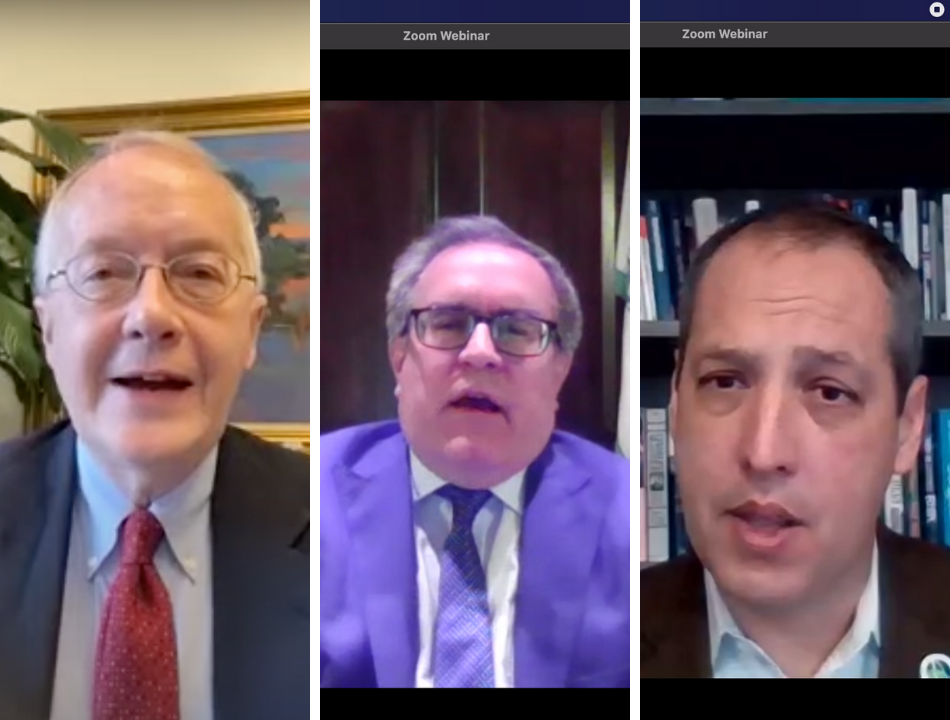In a live stream event hosted by the Competitive Enterprise Institute (CEI), EPA Administrator Andrew Wheeler outlined a new science transparency rule being implemented at the Environmental Protection Agency (EPA).
Known officially as the not-so-brief “Strengthening Transparency in Pivotal Science Underlying Significant Regulatory Actions and Influential Scientific Information” rule, it requires researchers to divulge the processes and data by which they draw their conclusions and findings, according to The Washington Post.
“The American public deserves to know which studies we are using to craft our regulations, and which of those studies are key, or pivotal, to our decisions,” Wheeler said in his opening remarks. “And to the extent possible, that data should be available for the public to see.”
Not everyone is seeing it Wheeler’s way, however.
Left-leaning environmental groups claim the rule will make it harder for EPA to craft regulations and use studies, as many studies contain confidential or personal information that is prohibited from being disclosed.
Yet during the livestream, Wheeler brushed off those concerns, saying that is not an issue in this final rule.
“That data – those studies, can still be used. PPI (Protected Personal Information) data does not need to be disclosed,” Wheeler said in response to a question on that subject.
Throughout the livestream, Wheeler expressed frustration with incorrect information and reporting on the rule.
“But as far as trying to explain this to the public, it’s very difficult to break through at times, with the media, particularly when you have environmental activists masquerading as environmental reporters,” Wheeler said, adding their “agenda is not to present the truth, at times.”
Myron Ebell, Director of Energy and Environment at CEI, addressed the concerns of some conservative groups who felt the rule did not go far enough in limiting what has come to be known as “secret science” in environmental circles.
“For people who are looking for a magic bullet to solve the crisis of scientific integrity again, and…end the irreproducibility crisis, for those people, this rule may be a disappointment,” Ebell said. “But what I think what we need to understand is, it’s an incremental step forward…”
The rule is unlikely to be kept under the Biden administration. Being that the rule has been finalized, however, it may take some time for the incoming administration to go through the formal process needed to officially repeal the new rule.
To read the rule in its entirety, you can do so on the Federal Registry here. It goes into effect January 6, 2021.
